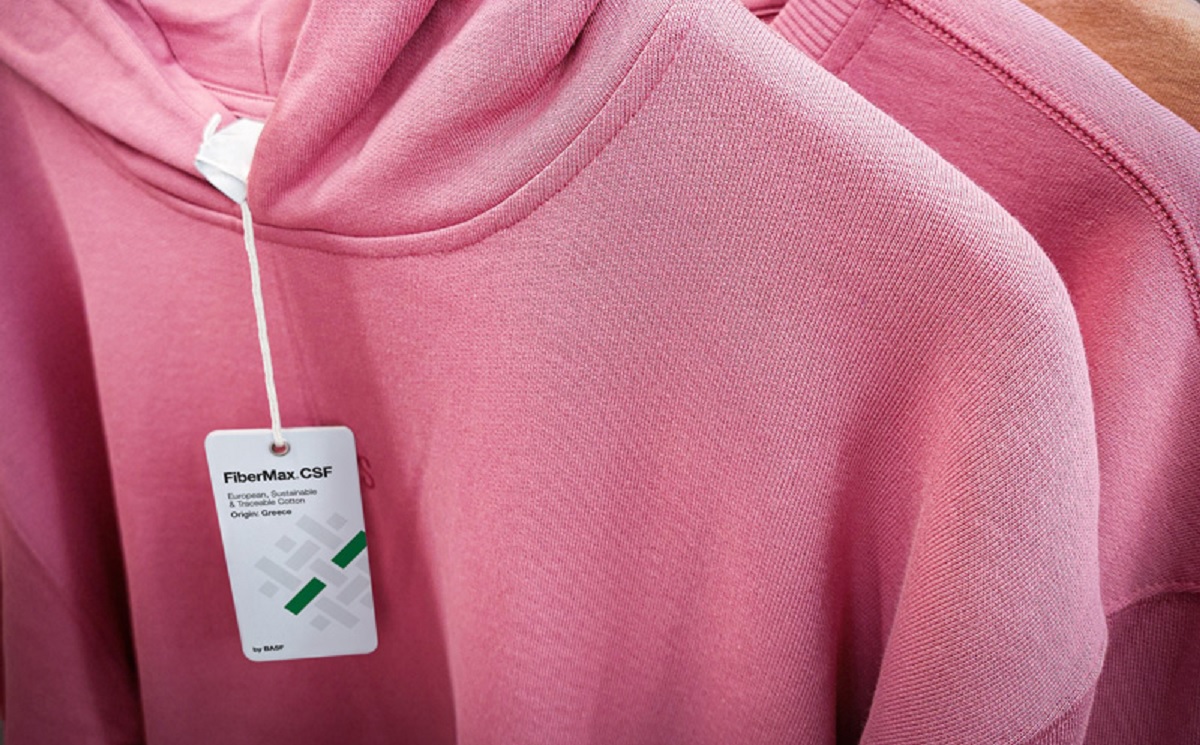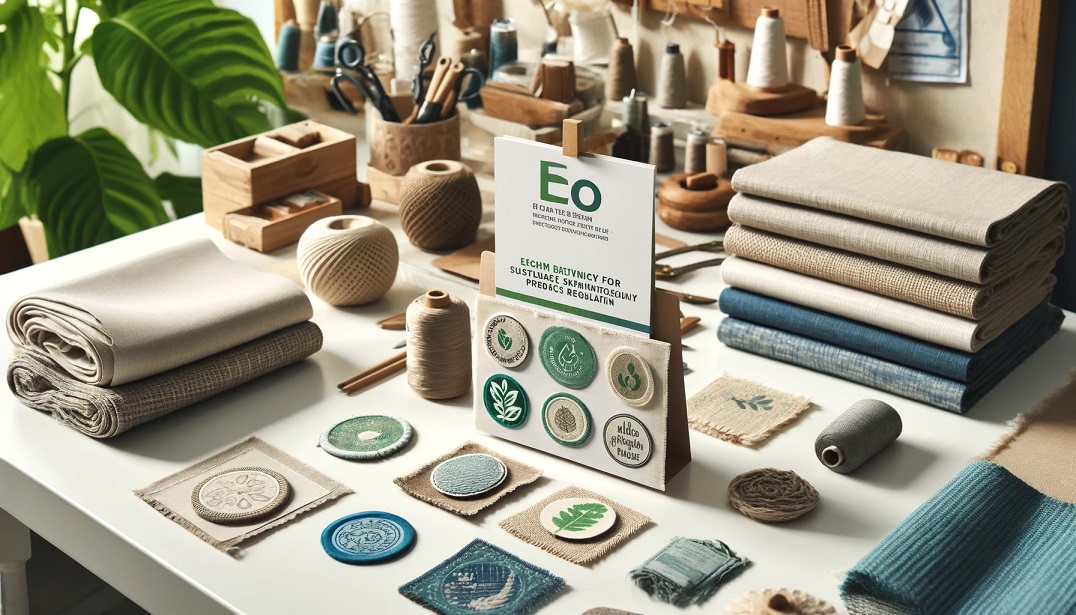The Environmental Toll of Textile Production
The textile industry is one of the world’s largest polluters. Traditional manufacturing processes consume vast resources and produce significant waste, contributing heavily to carbon emissions and pollution. This unsustainable approach exacerbates global challenges, including climate change and resource depletion. This post highlights some of the BASF’s sustainability solutions showcased at Techtextil 2024.
The Urgency for Change
Without decisive action, the environmental burden of textiles will continue to escalate, threatening ecosystems and human health alike. The demand for more sustainable practices is not just a trend but a pressing necessity. Consumers increasingly favor brands that prioritize eco-friendly methods, compelling the industry to innovate or face obsolescence.
BASF’s Sustainable Innovations at Techtextil 2024
At Techtextil 2024, BASF showcases its commitment to sustainability with advanced solutions.
loopamid® – Revolutionizing Nylon Recycling
BASF introduced loopamid®, the first polyamide 6 made entirely from textile waste. This groundbreaking material supports the fashion industry’s shift towards circularity. It allows the recycling of PA 6 textile waste into new, high-quality fibers. The result is a material with the same properties as conventional nylon. It is showcased by Inditex’s creation of a fully recycled jacket, setting a new standard for sustainable fashion.
Ultramid® Ccycled® – Turning Waste into Resource
Ultramid® Ccycled® embodies BASF’s innovative approach to recycling hard-to-process plastic waste, like end-of-life tires. Through a mass balance method, recycled material is integrated at the start of the production chain, reducing reliance on fossil resources and maintaining product quality. This initiative not only conserves resources but also opens new pathways for recycling in the textile industry.
Ultramid® Biomass Balance (BMB) – Bio-based Alternatives
With Ultramid® BMB, BASF leverages biowaste as a raw material, replacing fossil resources in the production process. This sustainable “drop-in” solution reduces the carbon footprint by more than 50% compared to standard Ultramid, offering an environmentally friendly alternative without compromising quality or performance.
Elastollan® – Sustainable Elasticity
Elastollan®, a thermoplastic polyurethane, is renowned for its high elasticity and mechanical strength, ideal for various textile applications. BASF has developed bio-based and certified biomass-balanced grades of Elastollan® that mirror the properties of their fossil-based counterparts, providing a sustainable option for producing durable and versatile textile materials.
Certified Sustainable FiberMax® Cotton – Traceability and Transparency
In collaboration with partners in Greece, BASF has launched a traceable blockchain platform for FiberMax® Cotton, enhancing transparency from seed to sew. This initiative, supported by innovative technologies and regenerative agricultural practices, offers brands and consumers a clear view of their environmental impact, fostering informed choices toward sustainability.
Fiber Bonding Technology for Upcycling
BASF’s fiber bonding technologies such as Acrodur®, acForm®, and Acronal® enable the transformation of reclaimed and discarded materials into valuable new products. Demonstrations of upcycled items, like flooring made from recycled denim, coffee grounds, and paper cups, highlight BASF’s commitment to extending the lifecycle of materials and reducing waste.
Conclusion: Leading the Way Toward a Greener Future
BASF’s presence at Techtextil 2024 underscores its role as a leader in sustainable textile solutions. By pushing the boundaries of innovation, BASF not only addresses the critical environmental challenges facing the textile industry but also sets new standards for others to follow. Their holistic approach, from recycled materials to bio-based alternatives, exemplifies how technological advancements can pave the way for a more sustainable and responsible textile industry.



